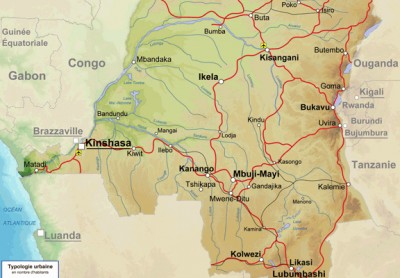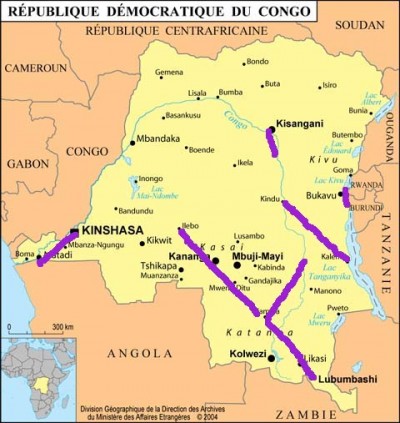The last thing we need to consider about how we moved to the city for good with the modern lifestyle is precisely how we did so.
From 1830 to 1860, in thirty short years, 10 000 miles of railroads were built in the UK. Other countries followed later with less efficiency but the 19th century was train time.
Trains need a given land imprint but they carry more people faster and safer than cars. And yet, the USA and Canada, huge countries with vast empty expenses, having brought up extensive railroads managed to veer away from them save for freight and are now car countries. It is a shame too because their sizes and empty spaces between urban centers are ideal conditions for trains, especially high-speed modern ones.
When the British built tracks, transport of goods as ore for instance was a priority and the Industrial Revolution was source and beneficiary of the train. When the French built tracks, passengers were the priority as to make all able to move around and all regions more open to the world. Both still sport rather great rail systems.
Why would trains be good here and not so much there? Well, a train system calls for an important infrastructure! That means it has to be funded and maintained properly. That takes commitment.
Between everyone having a car and planes having shortened long distance travel, that commitment just was not maintained in North America. Now consider this, if a given amount is made available for transport infrastructures, it can go to railroads, just roads or be split between the two. So that not being committed to trains on an intellectual basis, cars then planes won.
If you do decide to start from scratch though, airports for international/long distance travel, trains for national and regional or medium distance travel and cars on a local basis should be the normal set-up. All you need is to be coherent and committed about it.
So, we just found that the countries commonly described as Modern or developed had built up their transport infrastructures according to taste or local needs & problems or philosophy. What about the not so developed ones? Well, they have a huge advantage, a major resource : a blank page! Let’s pick Democratic Republic of the Congo that has been in our news recently.
It looks like this :

Fine place, wouldn’t you say? A huge river appropriately named the Congo circles through it so it has boats for fluvial traffic and those red lines give you the roads layout. Airports in the big towns, Kinshasa the capital, Kisangani, Lubumbashi, etc. It only becomes funny if you add the railroads :

Well, not funny exactly; in all truth, that’s saaaaaad! Because these do not even inter-connect as they are not based on the same standards as width of the tracks for instance! Ridiculous, huh?
It seems that Democratic Republic of the Congo’s recent history, colonial and since, was not as coherent nor its government as committed as was needed.
In order to get the railroads it needs and deserve, DRC will almost have to start from scratch. It is the case a lot in Africa, the “under-developed” continent and not just with trains. With all the essentials of Modern Living that we now take for granted in our paved steel and glass canyons of Tokyo or NYC. One person noticed that just by looking at it because on a night picture of our world Africa shows little or no lights and decided to do something about it : Robert “Bob” Freling.

He’s more or less bringing solar energy to the off-grid Africans singlehandedly or almost!
Because he knows it is the right thing to do. So do I and it will be our next installment of H*Flow, bringing forth a disturbing idea.
In the meanwhile, let me keep this post voluntarily short so that my readers have time enough to check a true Hero and his work :
Additional reading :
http://www.voanews.com/content/solar-energy-illuminates-darkest-parts-of-africa/1495451.html
Thank you BOB! Thank you, thnx for fighting the rules and regulations for all of us, even the poorest of all. Bow, bow bow, Tay.
